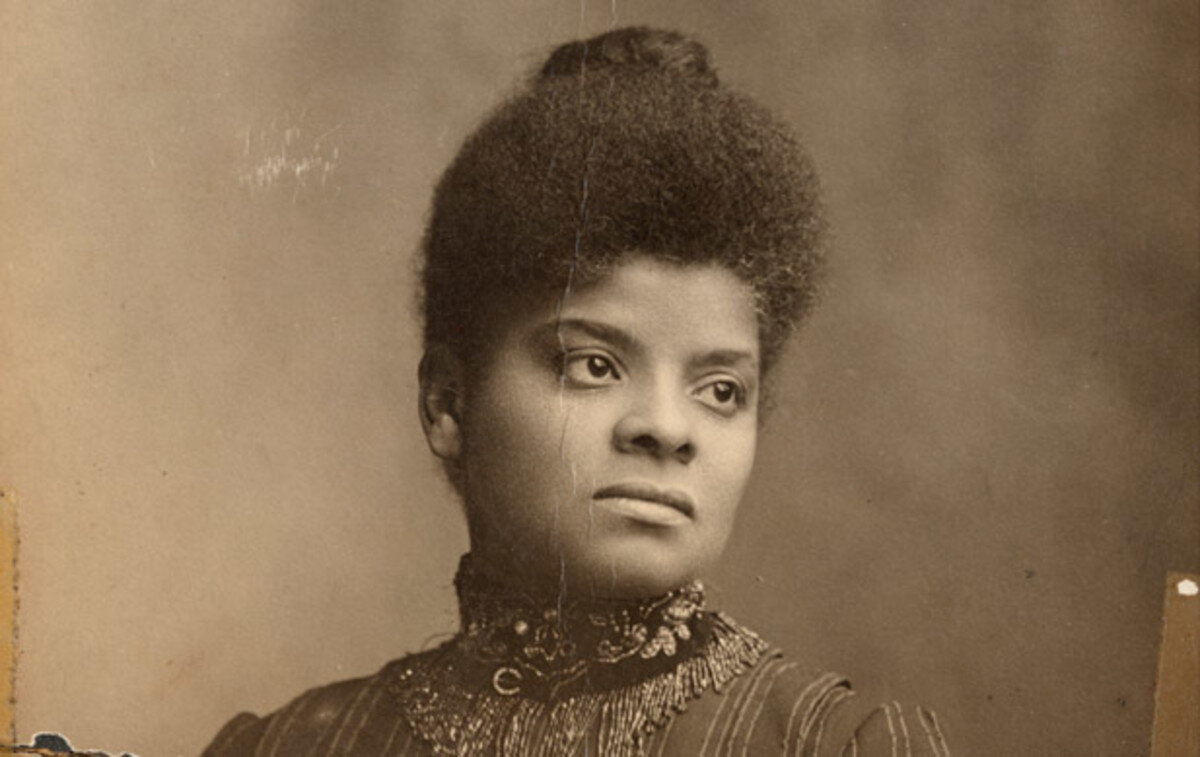In slave times the Negro was kept subservient and submissive by the frequency and severity of the scourging, but, with freedom, a new system of intimidation came into vogue; the Negro was not only whipped and scourged; he was killed."
-Ida B. Wells
Last Monday, George Floyd, an African American man from Minneapolis begged for his life while police officer Derek Chauvin pinned him to the pavement with his knee on Floyd's neck. George pleaded "I cannot breathe," while handcuffed. Onlookers demanded Chauvin relent, but he continued to suffocate Floyd. A devastating, ten-minute video recorded the murder of George Floyd by Derek Chauvin. The video is damning and its reveals that Chauvin murdered Floyd. Black people are angered and grieving all over the world. Unfortunately, Floyd is not the only one we mourn. We grieve for Breonna Taylor, Tony McDade, Ahmaud Arbery, Steven Demarco Taylor, and so many more.
Black liberation struggle is ongoing and while many of us have a target on our backs, there is a rich history of insurrection that shows that we will not die lying down.
The recent set of events, are part of centuries long struggle for Black freedom in a society that has enslaved, imprisoned, and killed Black people. This echoes James Baldwin’s dismay of the United States, that somehow “the American tragedy has always been implicit—was to make black people despise themselves.” The adversities is present but so is our collective struggle to document and destroy the chains of oppression.
The African American journalist, Ida B.Wells (1862-1931) was honored with the 2020 Pulitzer Prize in the Special Citations and Awards category for her outstanding and courageous reporting on the horrific and vicious violence against African Americans during the era of lynching. After three of her friends were lynched in Memphis, Wells set out to investigate white mob violence and lynching across the American South. Wells is widely regarded as a fearless leader and reporter who shined a light on lynching, even as she faced racism and sexism herself as a Black woman.
This is particularly noteworthy given that the New York Times Black American journalist Nikole Hannah-Jones was also awarded a 2020 Pulitzer Prize for her writing on and ongoing work focusing on racial injustice. In 2016, Hannah-Jones co-founded the Ida B. Wells Society for Investigative Reporting. The goal was to raise awareness of, and opportunities for, investigative reporting by journalists of color and to foster the desire for social justice journalism and accountability reporting about racial justice. One noteable aspect of her work has been finding the 1619 Project which looks at the impact of slavery over 400 years.
In contemporary left political discourse, race is often pitted against class, causing a huge rift within social movements. Yet, some scholars pursue another direction, hoping to use scholarship for transformative justice that shows how these categories intersect. In a recent short documentary entitled "Geographies of Racial Capitalism," Professor Ruthie Gilmore explains how capitalism relies on racial inequality to survive. She also goes into depth about the international context of her research which seeks to understand how capitalism relies on the criminal injustice system to further its goals. What does she think we should do: abolish prisons.
